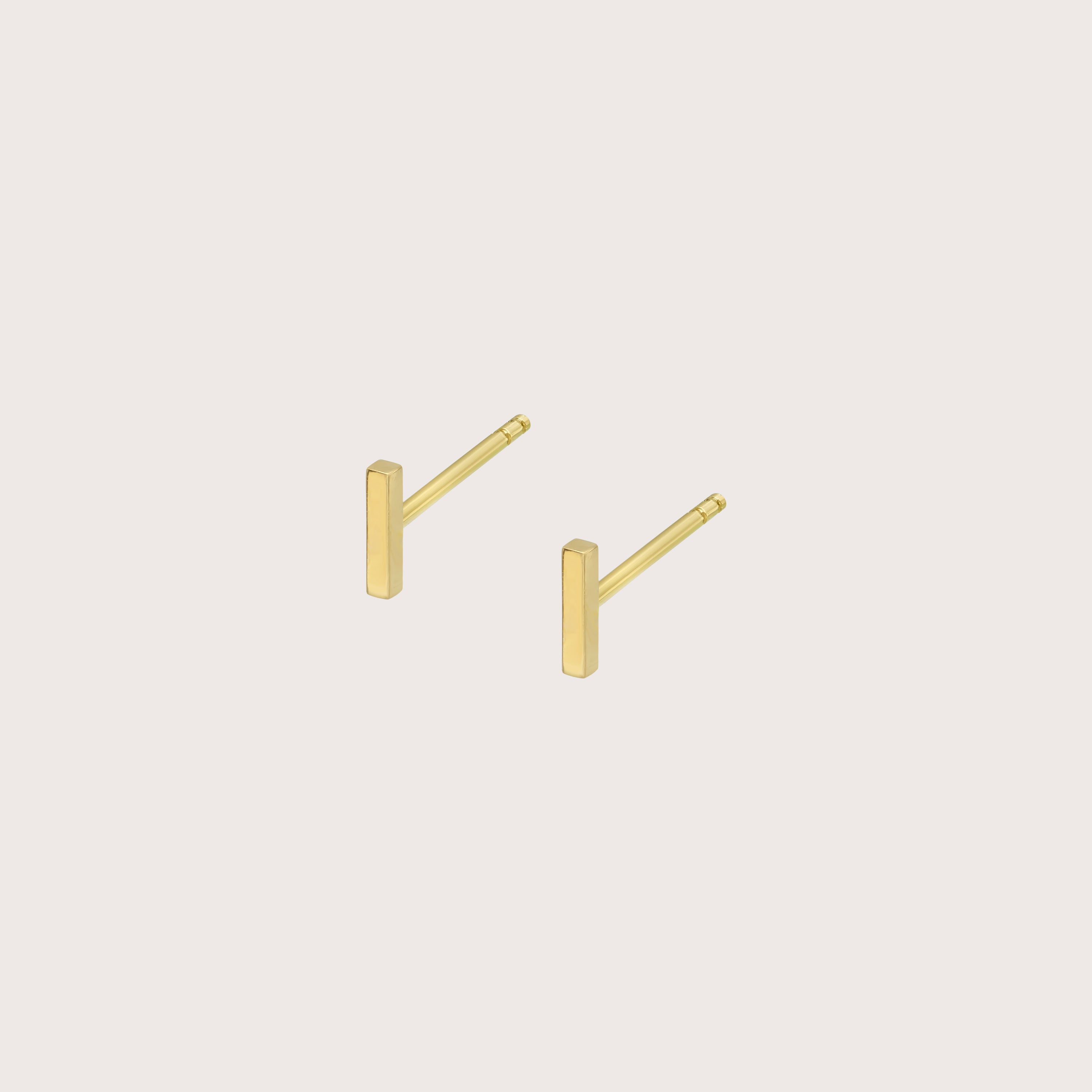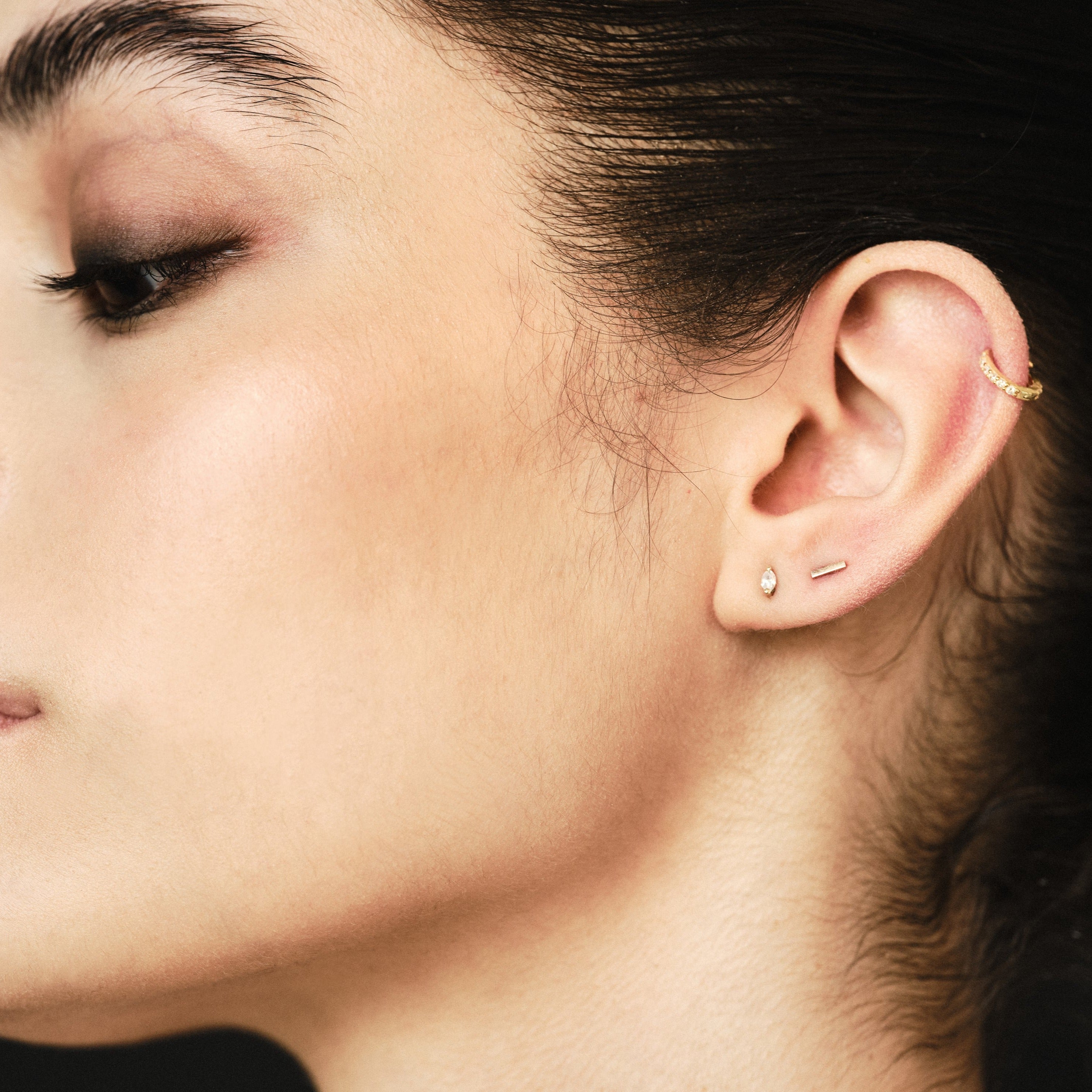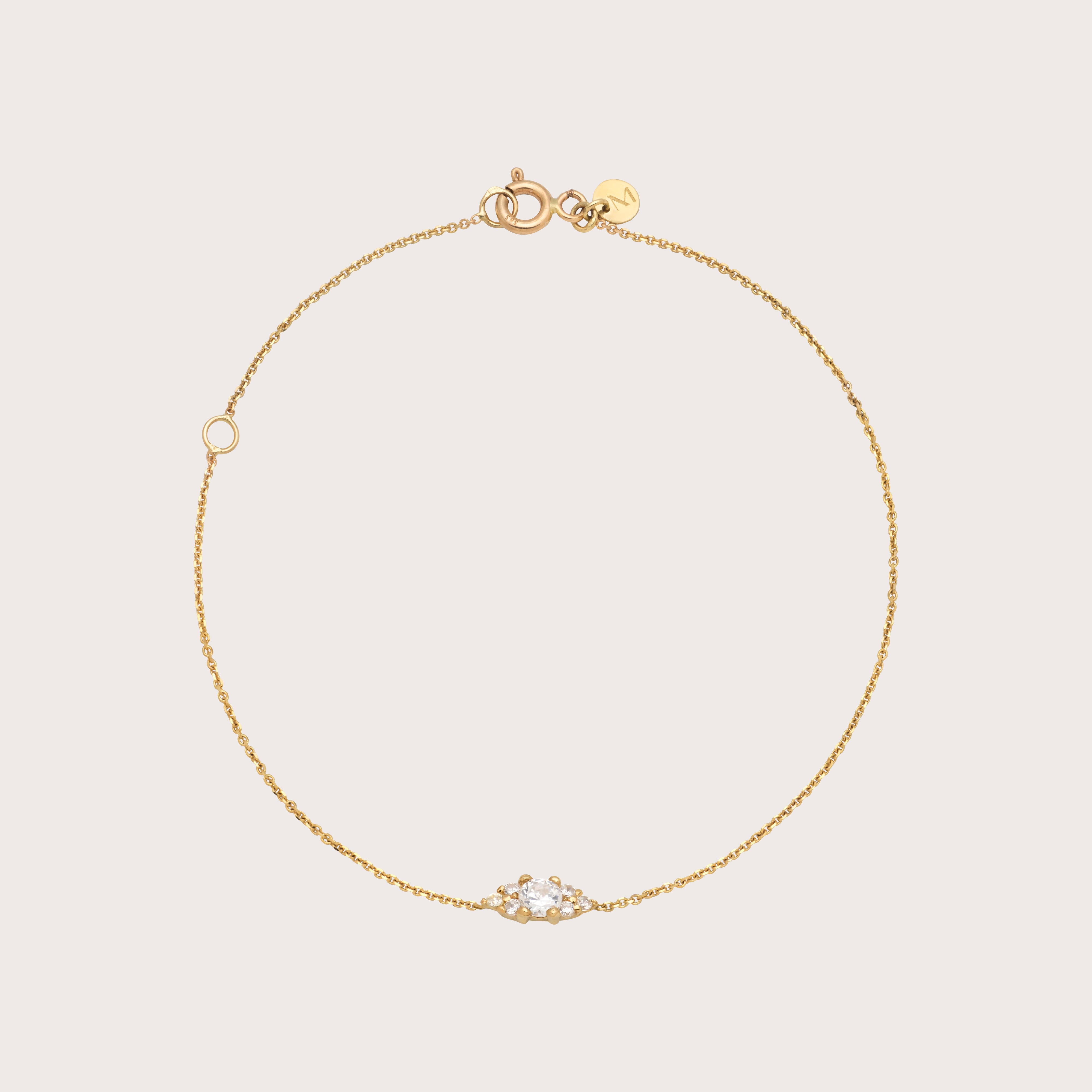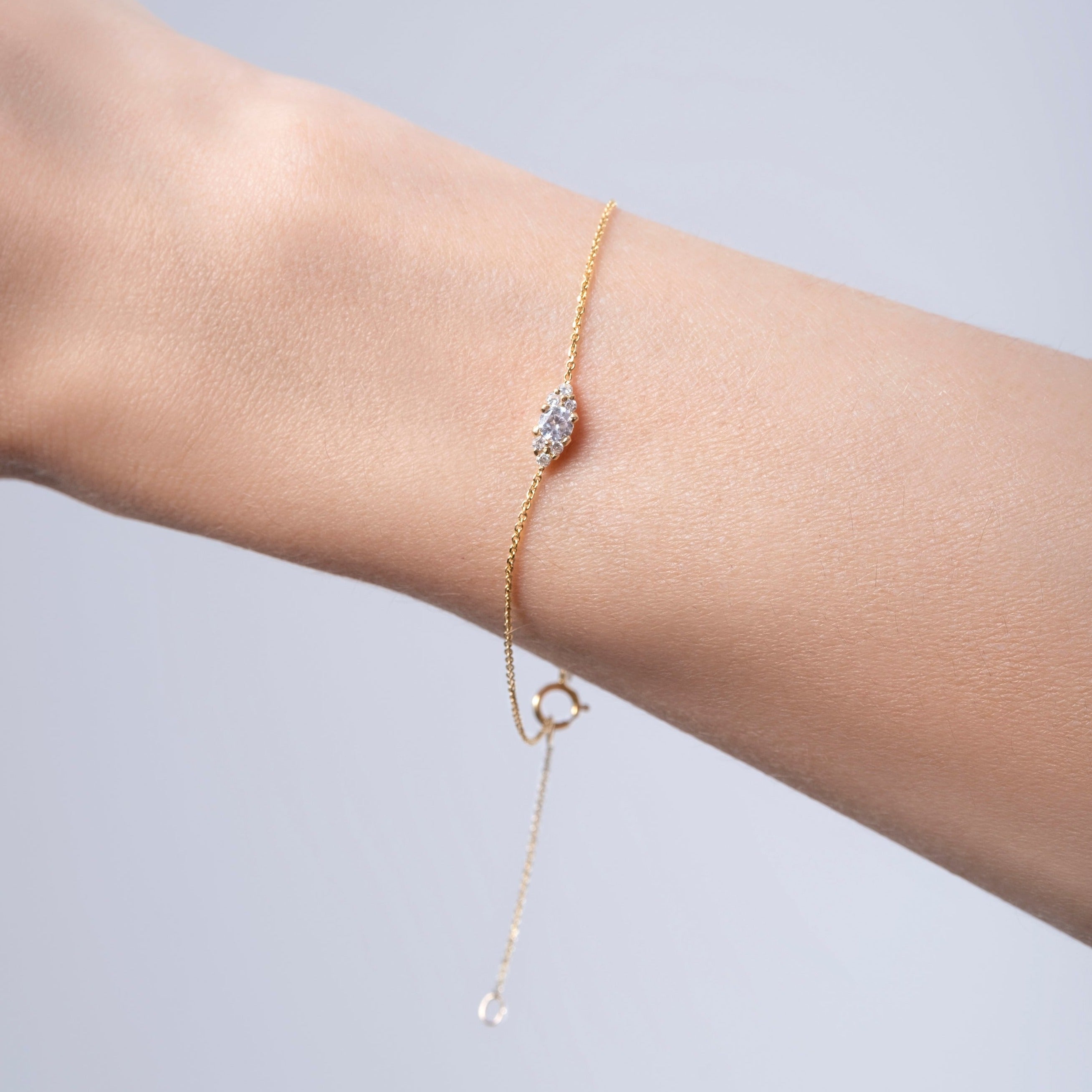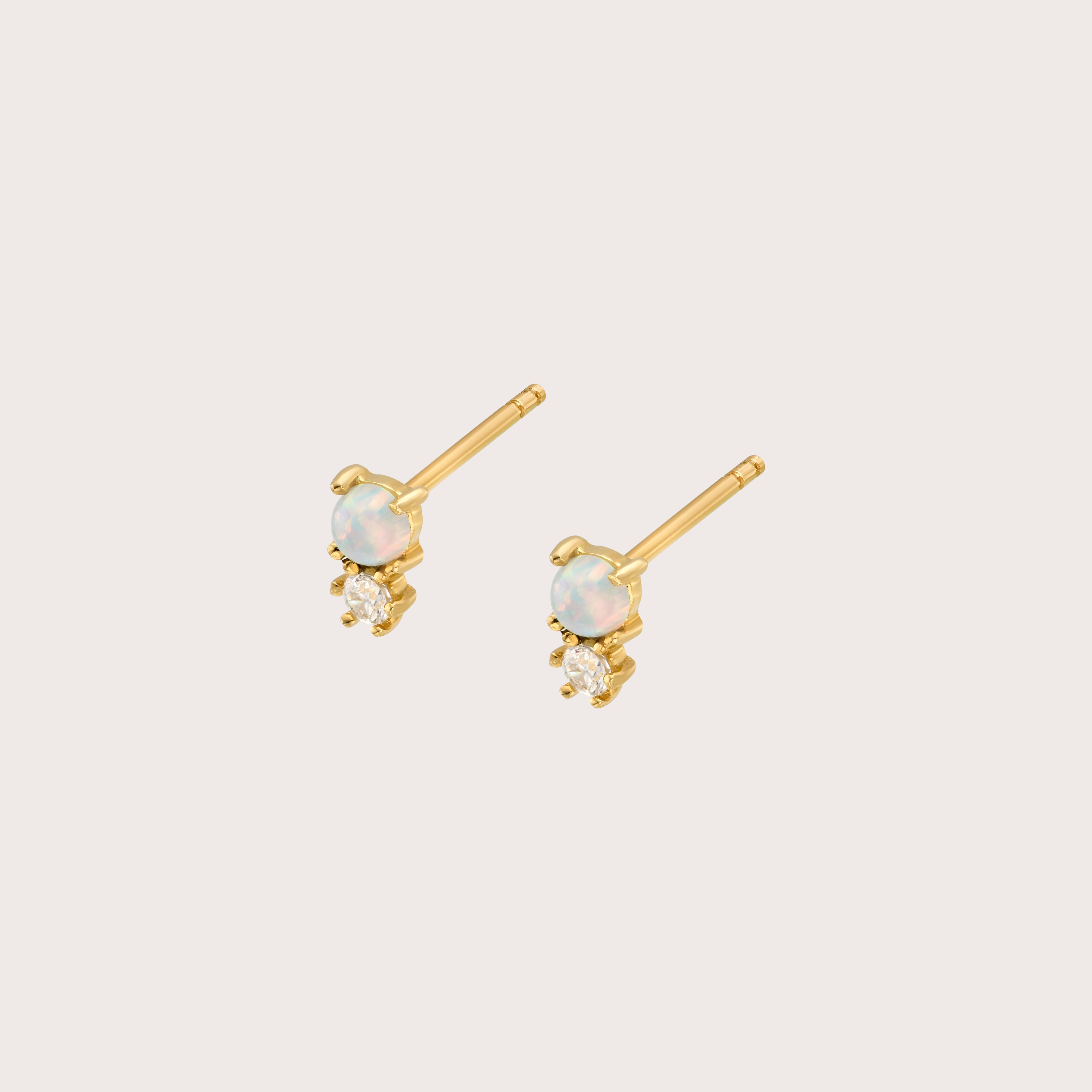
Understanding Diamond Grading: The 4 Cs and Beyond
When it comes to purchasing diamonds, understanding the grading system is crucial. Diamonds are graded based on four primary factors known as the 4 Cs: Carat, Color, Clarity, and Cut. Each of these characteristics plays a vital role in determining a diamond's overall quality and value.
The 4 Cs of Diamond Grading
1. Carat: Carat refers to the weight of the diamond. One carat equals 200 milligrams. Larger diamonds are rarer and generally more valuable, but carat weight alone does not determine a diamond's value.
2. Color: Diamonds are graded on a color scale from D (colorless) to Z (light yellow or brown). Colorless diamonds are the most sought after and expensive because they allow the most light to pass through, enhancing their brilliance.
3. Clarity: Clarity measures the presence of internal or external flaws, known as inclusions and blemishes, respectively. The clarity scale ranges from Flawless (no inclusions or blemishes visible under 10x magnification) to Included (inclusions and/or blemishes visible to the naked eye).
4. Cut: The cut of a diamond refers to how well it has been shaped and faceted. This affects the diamond's brilliance and sparkle. Cut grades range from Excellent to Poor.
Diamond Grading Table
Here’s a simplified table that breaks down the types of each C in diamond grading:
| Grading Aspect | Grades |
|---|---|
| Carat | < 0.25, 0.25-0.49, 0.50-0.99, 1.00-1.99, 2.00-2.99, 3.00+ |
| Color | D (Colorless), E, F, G (Near Colorless), H, I, J, K-Z (Light Yellow/Brown) |
| Clarity | Flawless (FL), Internally Flawless (IF), Very Very Slightly Included (VVS1, VVS2), Very Slightly Included (VS1, VS2), Slightly Included (SI1, SI2), Included (I1, I2, I3) |
| Cut | Excellent, Very Good, Good, Fair, Poor |
Additional Factors
While the 4 Cs are the primary criteria for grading diamonds, other factors can also influence a diamond's appearance and value. These include fluorescence, polish, and symmetry.
- Fluorescence: Some diamonds glow under ultraviolet light. This can affect their color and value, either positively or negatively.
- Polish: The smoothness of the diamond's surface after cutting.
- Symmetry: How well the diamond's facets align with each other.
Conclusion
Understanding diamond grading can help you make an informed decision when purchasing a diamond. By considering the 4 Cs—Carat, Color, Clarity, and Cut—you can better assess the quality and value of a diamond. Always request a grading report from a reputable gemological laboratory, such as the Gemological Institute of America (GIA), to ensure you are getting a diamond that meets your standards.
Remember, the perfect diamond is not just about meeting high grades in the 4 Cs; it's also about finding a stone that fits your personal preferences and budget. Happy diamond shopping!
